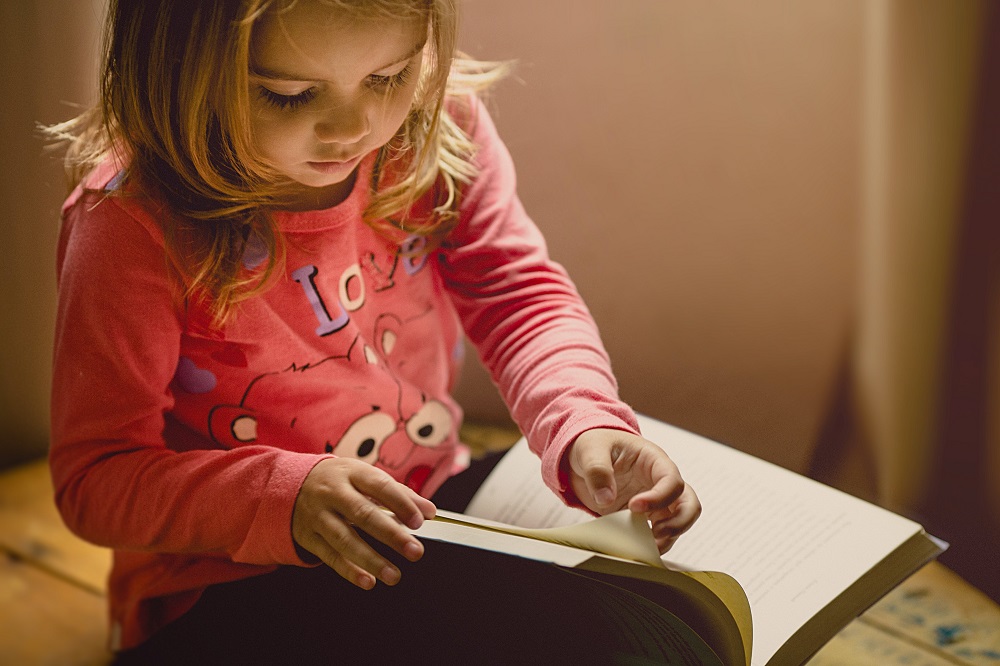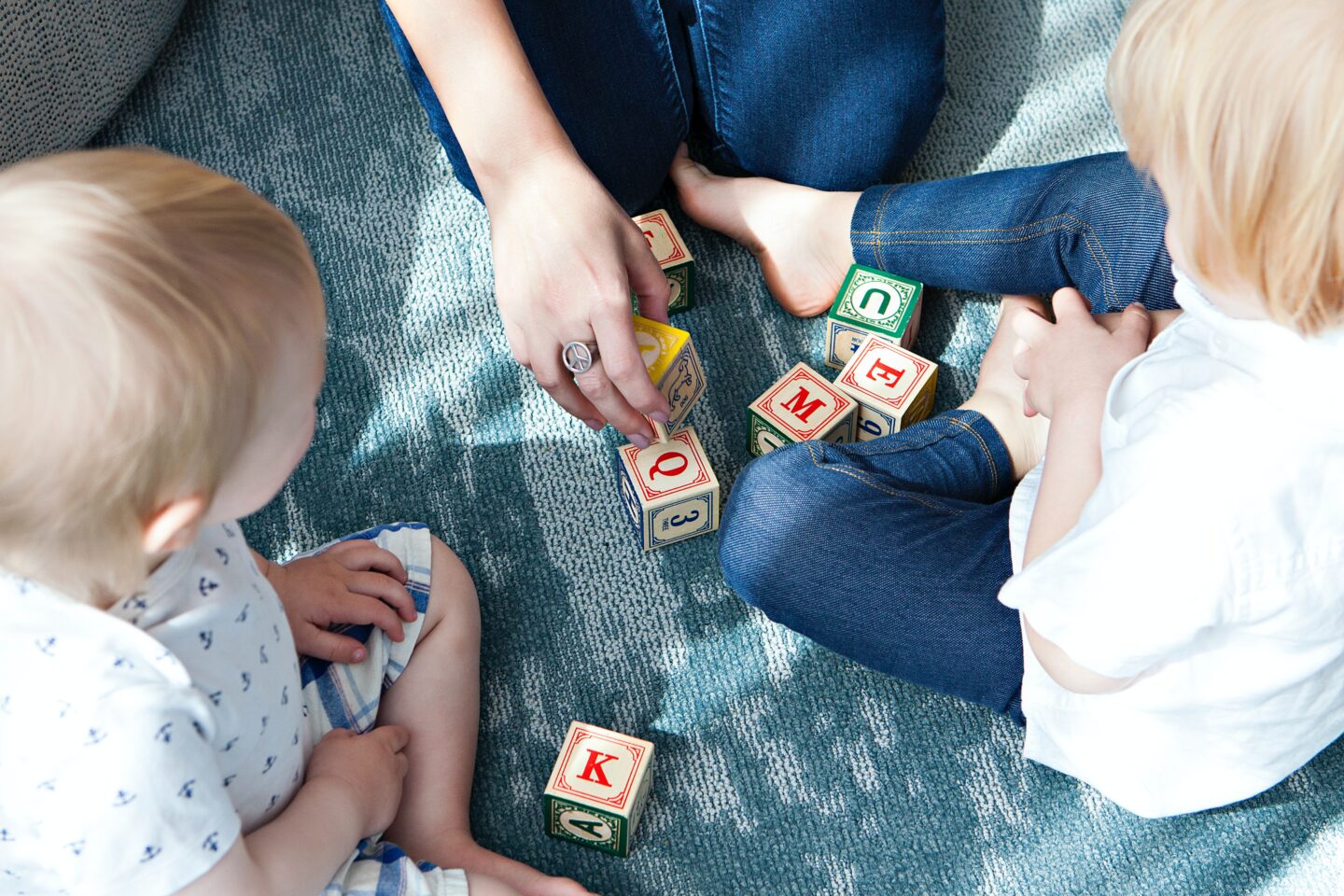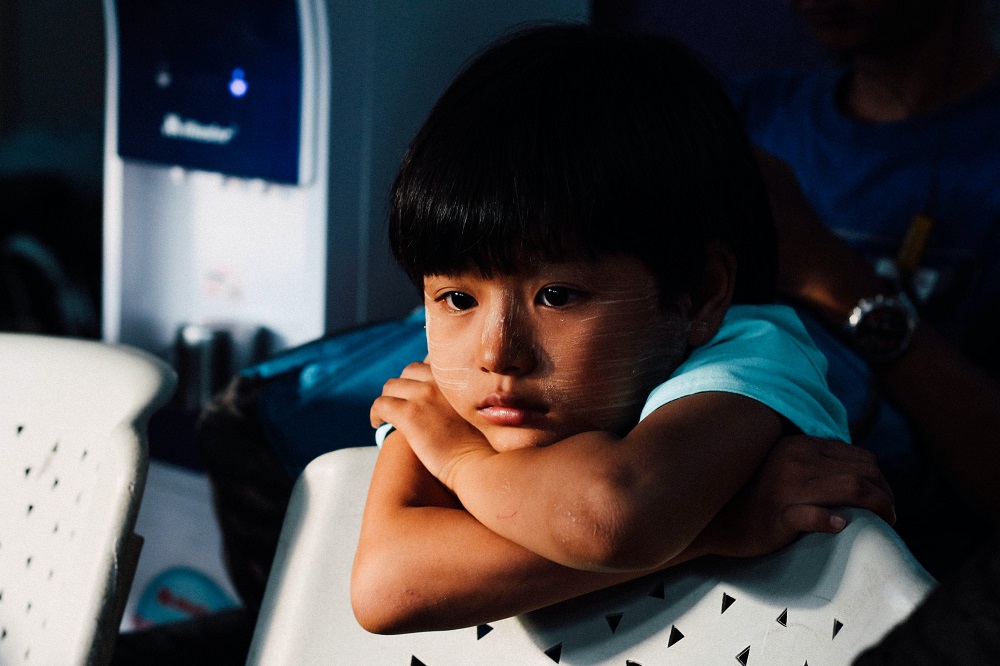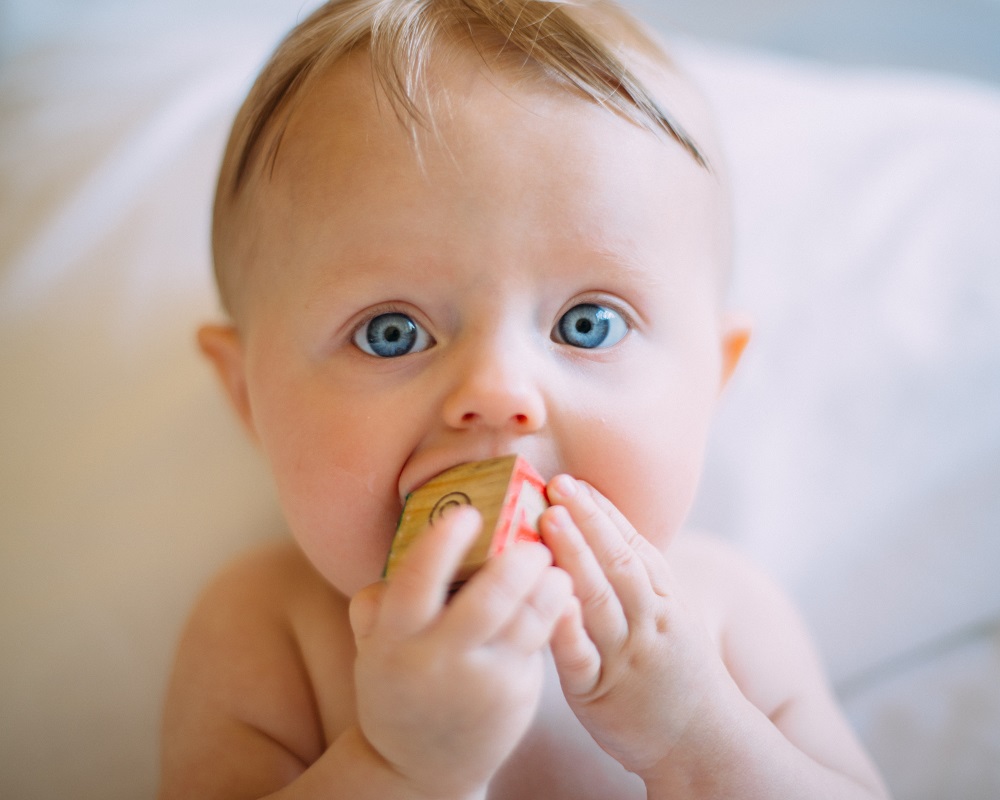
Dr Alison McClymont, leading child psychologist helps us to understand the impact of domestic violence on children, how it effects their development, behaviours and the short to long term effects if can have.
In this article:
- Whitnessing domestic abuse & ptsd
- Short term effects of domestic abuse for children
- Long term effects of domestic violence
- Can children recover from witnessing domestic violence?
- Resources and support
Disclaimer / Trigger warning. The following article examines the impact of domestic abuse on children. If you are a survivor of domestic abuse I encourage you to read the below with compassion and self-care for your experiences.
Domestic violence is often assumed to be physical abuse between a man and a woman, but attitudes have changed over recent years and “coercive control”, “financial abuse” and “emotional abuse” are all now documented as forms of domestic violence. But domestic violence continues to be discussed as a trauma that overwhelmingly effects adult women and too often children are the forgotten survivors, particularly those who have been witnesses to the trauma rather than direct victims.
Whitnessing domestic abuse & ptsd
The occurrence of PTSD in “bystanders” to traumatic events is well documented, and some research has highlighted a connection between this type of trauma and “survivor guilt”- due to the experience of “not being able to save or help”. Other research has pointed out that levels of PTSD for bystanders of “repetitive abuse” can exceed the severity of symptoms for survivors of natural disasters and life-threatening experiences.
I know from my own clinical work with adults, that witnessing domestic abuse as a child, has a profound and insidious impact on later mental health; and I have yet to encounter a victim of this type of trauma who was fully cognizant of the effect witnessing abuse had on them – in their words “it wasn’t me that being hit, so I shouldn’t feel this way”.

Short term effects of domestic abuse for children
It is important that we understand that abuse triggers a state in children whereby they must question the very place and people that are supposed to be safe and provide them love and shelter- home and caregivers. When a young child has a thought that “maybe my caregiver is not safe” it is so overwhelming that in order to survive, they reframe the thought as: “it must be me that has done something bad, to make my adult behave like this”. This heartbreaking connection creates an internal storm of shame, depression, fear and self-hatred.
The short-term effects may be both noticeable and hidden. In the first instance we would expect to see impacts on the child’s behavior, dictated by the dramatic impact trauma has on the central nervous system and the survival instincts that are triggered as a result. For example, the child may become more withdrawn or fearful of others (the “flight” response) and in some instances the child may “mimic” the abuse and become violent or aggressive (the “fight” response).
The child may be overly submissive and we may see the “fawn” response displayed, where the child is desperate to appear likeable and compliant in order not to exact punishment.
We may also see in extreme cases a “dissociative” response (the “freeze” response) where the child retreats into their own inner world or appears to daydream frequently, or adopts self-soothing repetitive noises or tasks.

When we talk about “hidden” behaviours, we may see a child appearing overly cautious when school or an after-school club teacher mentions home or parents. We may also see other apparently unconnected behaviours such as anxiety, depression, “over sensitivity”, problems with friendships or attention delays.
It cannot be overstated the dramatic effect that violence can have upon a child’s mental, emotional and physical development. It can be simplified using a car engine analogy: if your car is constantly having to work at its upper limit and speed, with no stopping, the car is more likely to expend petrol, suffer tyre damage, engine wear and tear and general safety, than one that is driven more cautiously. A child’s central nervous system, when constantly “engaged” in a survival response, is flooding the body with “panic” chemicals such as cortisol and the body eventually becomes overwhelmed.
This may result in the body attempting to get rid of this excess cortisol through hyperactivity or aggression; or it may result in the body attempting to calm the storm inside by dissociating, or trying to “predict danger” through excessive control behaviours or anxiety. Whilst a child’s developing brain and body is undergoing this stress- it has no room or time to grow.

Long term effects of domestic violence
Long term effects may also be a combination of emotional, physical and mental. The body as we have discussed is overstimulated and this may produce physical ailments, particularly digestive or skin disorders. Dissociative responses may produce poor concentration or attention levels and this may result in poor academic performance.
More than anything future relationships can be dramatically impacted by this unrecognized “trauma”- the adult that has grown from being a child witness to domestic violence, may not recognize themselves as a victim and has no idea why they struggle to maintain or accept boundaries in relationships. They may not comprehend why they struggle with emotional outbursts or poor self-esteem, and they may not understand why they have come to expect “abuse” from others.
My decade as a specialist in sexual and domestic violence has taught me that there is an absolute connection between earlier experiences of violence and later violence in intimate relationships, research would also sadly suggest that in some, earlier experiences of witnessing violence may predict a higher chance of becoming abusive in adolescence or adulthood. To put this in context Antisocial Personality Disorder and criminal offending behavior has a strong correlation with early experiences of childhood violence…
Can children recover from witnessing or experiencing domestic violence?
Yes, they can, but it is a process and one that MUST be undertaken with a professional who is “trauma informed” and can fully articulate to the child and their support network the impact that this trauma will have had. It is important that the work is directed by the child-survivor and that it is respectful of the child’s boundaries and sense of safety at all times. The work should never seek to “challenge”, “pressure” or “confront” the child.
Behaviours should be reframed, where appropriate, as trauma responses and shame responses should be addressed in order to help the child comprehend that this was never their fault and to manage the feelings they may have of helplessness to “save” the abused parent and anger and hatred (possibly also love) towards the “abusive” parent.

Should you leave an abusive relationship for the sake of your children?
YES. There is no shame in feeling helpless, hopeless, or reluctant to want to leave a relationship, or to accept it is abusive. Abuse damages your sense of sense and reality and forces the survivor to believe that this is “normal” or to be expected. It is not. No human being has the right to humiliate, abuse or scare you.
It is important to recognise that feeling fear or anxiety to leave an abusive relationship is normal, but help is out there to manage these feelings. It is important to put aside feelings of guilt for “staying” in the relationship to this point, if you are even considering leaving- you are halfway to freedom and the life you and your children deserve.
With love and strength. Alison x
Dr Alison McClymont is a leading child psychologist. Keep up to date with her on instagram @alisonmcclymontinsta
More information on impact of domestic violence on children or resources and support:
- https://www.nspcc.org.uk/what-is-child-abuse/types-of-abuse/domestic-abuse/
- https://www.actionforchildren.org.uk/support-us/campaign-with-us/domestic-abuse/
- https://www.womensaid.org.uk/information-support/what-is-domestic-abuse/impact-on-children-and-young-people/
- https://www.thedailystruggle.co.uk/tag/domestic-violence/
- https://www.thedailystruggle.co.uk/leaving-an-abusive-relationship-with-children-legal-advice/

Just a group of real women dealing with life’s daily struggles! Want to write for us? Email: hello@thedailystruggle.co.uk